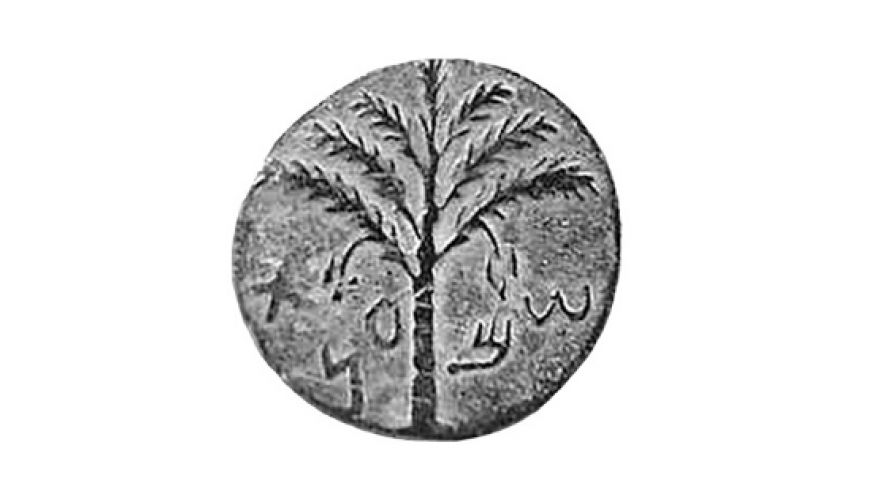Raising the right 'hosanna'

Raising the right 'hosanna'
5 April 2020
'Hosanna' is the right word, but are we using it in the right right?
Hosanna means “god save us”. It rings out as an anthem of praise on the Sunday before Easter as Christians everywhere retell the story of Jesus’ triumphal entry into Jerusalem. Actual palm branches are waved and donkeys petted and unleashed as we attempt to participate in the unfolding Jesus drama.
But if we are totally honest, Palm Sunday is a little awkward. We want to enter into the celebratory nature of it all, but because we know how the story goes it’s pretty tempting to hold back a little – at least that’s how I dealt with the complicated nature of raising a ‘hosanna’ last year. I’ve heard the story of Jesus so many times that I recognise the bait and switch of the ‘hosanna’ on Sunday replaced by ‘crucify him’ on Friday. I’m smart enough to reserve my full self from the silly crowd’s quick and temperamental excitement.
But here’s the thing. I think I might be completely wrong about the fickleness of the crowd those thousands of years ago in Jerusalem. What if the crowd wasn’t fickle at all? What if they never changed their tune? Don’t get me wrong, I’m convinced they yelled out “Hosanna” at the top of their lungs, but I just don’t think that word means what I think that word means.
Let me explain. For Jews in Jesus’ time, waving palms was something like waving the national flag. Two centuries before, when the Maccabees and their followers were victorious over the Syrian tyrant Antiochus and cleansed the temple, they cut down palms to wave as they made their victory march around Jerusalem. Thereafter, palms were a sign of Israelite independence and a memorial of their revolutionary victory.
So, when the crowds greeted Jesus with palms raised high, they meant, “Hail to the Son of David, who will lead us to regain our freedom from the Romans, the way the Maccabees led the revolution against the Syrian tyrant!” They weren’t asking God to save them so much as they were asking God to join them in saving themselves. And, as much as it may sound like the same thing, it is indeed a completely different thing altogether.
Help us help ourselves is the age-old idea of religion and politics. The dangerous mix of them together is a toxic potion of ‘saving’ not from ourselves but from ‘them’ – the ‘others’ who ‘aren’t like us’. The same cry is uttered from every other crowd since – including me. I say ‘save me’, but what I mean is ‘on my terms’. I cry ‘save me’, but what I mean is please make me win, be the best, land at the top, be the special one, the ‘right’ one, the chosen one. Please elevate me, be on ‘my side’ is the hosanna I shout most of the time. It’s a hosanna all right but it’s not the kind of saving I need, it’s just the kind I want.
When push comes to shove, the crowd doesn’t change its mind, it changes its leader. They trade Jesus for Barabbas because he has a sword and a plan to fight against the Romans. Jesus has a plan to die in order to save the Jews and the Romans and everyone else from their greatest enemy – themselves.
The hosanna we should be raising is the one Jesus has the will to fulfil – a plan to save us on his terms, not ours. This will mean saving us from our expectations, fears, hopes, control, resentments, divisions, dignity ... well, ourselves. And that is a kind of hosanna we don’t often raise – but we could.
Hosanna is the right word; I just pray I’ll use it the right way. The way it was always intended. God save me. Even from me.
Danielle Strickland is a Canadian Salvationist who blogs at daniellestrickland.com
Comments
No comments yet - be the first.